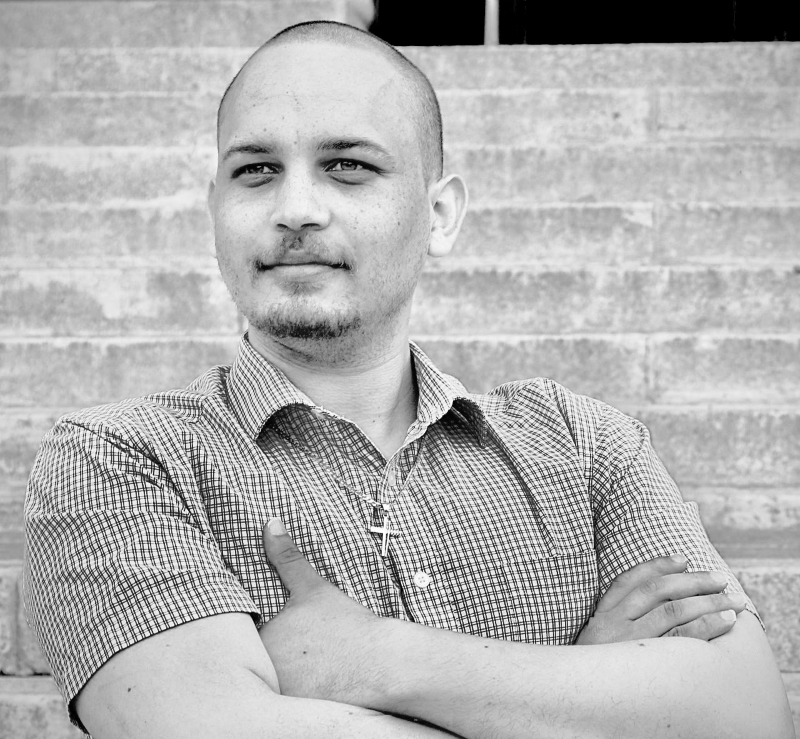Achieving Artificial Human-Like Intelligence in the Built Environment
Modelling a Generative Pre-Trained Transformer (GPT) into a Construction Project Manager
DOI:
https://doi.org/10.31224/3697Keywords:
Artificial Intelligence, Built Environment, Construction Project Management, Digital Innovation, Dispute Resolution, Hybrid Work Models, Project Scheduling, Resource Allocation, Risk Management, Sustainable PracticesAbstract
Purpose: The absence of digitisation in construction project management, particularly in areas such as dispute resolution, project scheduling, resource allocation, and risk management, remains a critical unresolved issue. This deficiency leads to workflow inefficiencies, increased project costs, and prolonged project timelines. To address these challenges, this study explores the integration of Generative Pre-trained Transformers, an AI technology, into the role of an artificially intelligent construction project manager. It develops a novel hybrid work model between a PrCPM and the CPM-AI model, leveraging digital innovation to specifically target and mitigate these inefficiencies.
Theoretical Contributions: The Artificial Pedagogy Phenomenology Theory (APPt) is introduced to elucidate observed phenomena. The theory posits that leveraging both AI capabilities and human insights can optimise future hybrid work models, improving construction project outcomes. It encompasses and addresses ethical concerns associated with AI implementation, such as balancing accountability and job displacement, with an applied focus on Engineering and Built Environment disciplines.
Methodology and Design: This study employs a positivist research philosophy and a quantitative deductive approach, utilising pedagogical techniques and secondary data to replicate the decision-making processes of construction project managers. At its core, the pedagogical training of the transformer algorithm uses queries to identify current project issues, keys to integrate relevant historical data for context from historic project training data, values to derive actionable insights from past scenarios, and the dimension of key vectors to ensure balanced and effective decision-making.
Findings Based on Empirical Research: Pre-alpha unit testing of the CPM-AI model trained to address dispute resolution, project scheduling, resource allocation, and risk management demonstrated statistically significant results in performance validation testing, the model achieved an accuracy rate of over *88.6% (p = 0.035) (n = 150) in its performance test on decision-making tasks pertaining to dispute resolution. It showed (x) efficiency in programme scheduling, and resource allocation, with (x) results appearing *x% (p = x) (n = x) of the time in its response rate (testing is set to commence in June 2024). The model further demonstrated exemplary efficiency in its ability to answer standardised historical Project Management Professional Exam questions, achieving a *92.8% (p = 0.015) (n = 120) aggregate score across all examination questions tested in relation to risk management. These findings establish standards for developing bespoke BE-AI models in the built environment and demonstrate seamless integration with existing tools and practices. They highlight the potential for broader AI applications across the construction industry and pave the way for future research into other built environment disciplines.
Research Limitations: Research limitations include reliance on secondary data quality and potential AI biases to the South African context, requiring ongoing refinement and validation to ensure model accuracy and applicability in diverse construction environments globally, however, the researchers propose regional versioning to mitigate this effect.
Practical Implications: Practical implications include enhanced project management efficiency, decision accuracy, workflow efficiencies, reduced project costs, and streamlined project timelines.
Value to the Conference: The research offers crucial insights into integrating AI in construction project management, in line with the conference's theme, “Disrupting Tradition.” It introduces an innovative AI application that can redefine built environment practices, making a significant contribution to the dialogue on technological advancements within the built environment profession.
Downloads
Downloads
Posted
License
Copyright (c) 2024 Malcolm Weaich, Pride Ndlovu, Prisca Simbanegavi

This work is licensed under a Creative Commons Attribution 4.0 International License.







